Warehouse management is one of the core operations that directly affects a business’s operational efficiency and costs. In the digital era, warehouse management software has become a powerful tool, helping businesses control inventory, manage goods movement, and make quicker decisions.
There are countless warehouse management solutions on the market today, with various features, interfaces, and price points. However, not all software is suitable for the specific workflows of each business. That’s why custom-developed warehouse management software is becoming the top choice, helping businesses optimize their unique processes, reduce risks, and gain long-term competitive advantages.
I. Should businesses buy off-the-shelf software or outsource warehouse management software development?
“Should we purchase an existing warehouse management solution or outsource custom development?” is a question many businesses struggle with. Each approach has its pros and cons, depending on the company’s goals, processes, and scale.

Should you use off-the-shelf software or outsource custom software development?
1.1 Off-the-shelf software – Fast and low-cost
Ready-made software is ideal for small to medium-sized businesses with simple workflows or limited customization needs. Key advantages include:
- Quick deployment: pre-built systems that require only configuration.
- Lower costs: license-based or monthly subscription fees.
- Full support and documentation: reduced training time.
However, the biggest limitation is low flexibility. As businesses scale or change processes, off-the-shelf software may no longer be compatible or easily integrated with internal systems (like ERP, CRM, etc.).
1.2 Custom-developed warehouse management software – Tailored to your operations
Custom software is ideal for businesses with complex operations, high security requirements, or the need to deeply integrate with other systems. Key benefits:
- Tailored to real-world needs: built specifically around the company’s internal workflows.
- Deep integration: connects seamlessly with ERP systems, POS, logistics, COD reconciliation, etc.
- Scalable: easy to expand as the business grows.
- Full control over data and IP: own the source code and ensure no third-party storage or sharing.
However, custom solutions require more time and budget investment, and businesses must closely monitor development to ensure quality output.
1.3 Which option should you choose?
- Small and medium-sized enterprises: Start with off-the-shelf software to quickly assess effectiveness, then upgrade to custom solutions as needed.
- Large enterprises with specific workflows: Outsource a custom warehouse management system to meet unique requirements, ensuring smooth integration and long-term efficiency.
II. Common mistakes when outsourcing warehouse management software development
In practice, many businesses face setbacks during outsourced development – high costs, missed expectations, long timelines, and resource drain. These often stem from the following common mistakes:
2.1 Vague requirements and unclear goals:
Without clearly defined objectives and requirements, the final software may not align with business operations, leading to ineffective or wasted implementation.
2.2 Choosing the wrong development partner:
Some vendors may have technical skills but lack industry experience in warehouse operations, making them unable to deliver practical solutions.
2.3 Lack of project oversight:
Poor planning and oversight during development stages – especially lacking metrics to evaluate performance post-launch – often result in low-quality outcomes and additional adjustments.
2.4 Overlooking data security and IP ownership:
Without well-defined contractual terms regarding data security and software ownership, businesses may risk data breaches or become dependent on the vendor.
2.5 Unclear collaboration with vendors:
If the business and development partner don’t coordinate well or maintain clear communication, the project can become fragmented, leading to delays and unmet expectations.

Common Mistakes When Outsourcing Software Development
III. 5 key considerations when outsourcing warehouse management software
To avoid the above risks and ensure real business value, companies should keep in mind the following five essential factors:
3.1 Define goals and requirements
Before starting development, businesses should:
- Identify pain points in their warehouse management process.
- Outline the features required to address those challenges.
- Set measurable goals: e.g., reduce processing time or cut operational costs by a certain percentage.
This ensures the final software aligns with actual business needs, not just acts as a surface-level digital transformation.

Define goals and requirements
3.2 Choose an experienced vendor
Not all software development companies have experience in warehouse, logistics, or supply chain domains. Research your vendor by evaluating:
- Similar past projects or case studies;
- The expertise of their development team;
- Whether they follow a structured and test-driven development process.
A knowledgeable partner can help design a system that’s intuitive, scalable, and aligned with business growth.

Choose an experienced vendor
3.3 Clear contract, timeline, and quality commitment
A well-structured contract ensures transparency and accountability. Key points to include:
- Detailed implementation timeline by development phase.
- Security clauses, internal policies, response time, and post-delivery maintenance terms.
- Warranties and ongoing support commitments.
- Risk management and breach resolution terms.
This protects both sides and minimizes scope creep or misalignment with expectations.

Clear contract, timeline, and quality commitment
3.4 System integration capabilities
To maximize value, the software should integrate with:
- Internal ERP systems.
- POS, order management, or eCommerce platforms (e.g., Shopify, WooCommerce).
- Logistics and shipping platforms for inventory, delivery, and COD handling.
The vendor should offer open APIs and comply with industry-standard integration practices, based on real-world experience.

System integration capabilities
3.5 Data security and ownership
Warehouse software handles sensitive information like inventory, order history, and customer data, so security is non-negotiable. Ensuring full ownership and control helps businesses remain independent and avoid legal risks.

Data security and ownership
IV. Innotech – Your trusted partner for warehouse management software development
Innotech has extensive experience in developing custom warehouse management systems, including smart warehouse solutions, ERP platforms, logistics, and retail systems.
> > > See more: “Cao Phat Paper – The challenge of warehouse operations and quality management”

Innotech Vietnam – The optimal choice for warehouse management solutions
With a team of passionate, seasoned experts, Innotech has successfully delivered warehouse management software for clients in Vietnam, the US, and Japan. We are committed to:
- Delivering solutions tailored to your business needs.
- Transparent, rapid development processes.
- Strong security and clear IP management.
- Seamless integration with systems like CRM, quality control, accounting software, and more.
- Cost-effective development tailored to your budget.
Learn more about Innotech’s warehouse management software development services TẠI ĐÂY hoặc contact us for a consultation.
Outsourcing warehouse software development is a strategic step toward improving operational efficiency. However, choosing the right vendor – one that’s fast, trustworthy, and budget-aligned – remains a challenge. We hope this guide provides valuable insights to help you make the most suitable and optimized decision.



